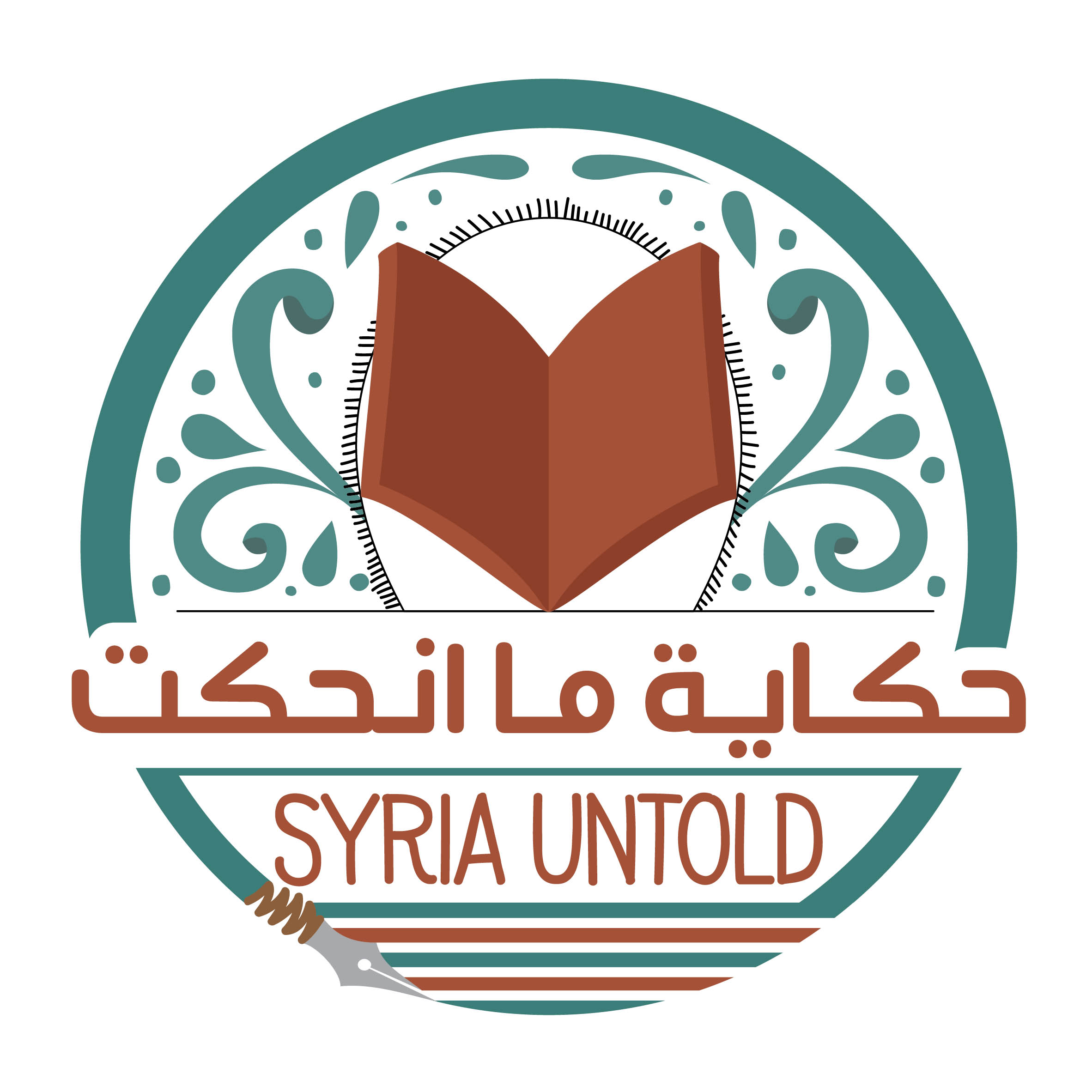I Stopped by your House in Syria Today, But no One was Home (Medium)
Chris Reardon writes a moving letter to his friend, Hani Al Moulia, after visiting Hani's childhood home in Homs. While the neighbourhood lies in ruins, Hani was lucky to find a new life in Canada after spending years stranded in a refugee camp in Lebanon.
“I considered going inside your old house, thinking I might find something you left behind: an item you once treasured or an everyday object that I could give you as a memento. Then I recalled how you had made sure to grab the most important thing before you fled: your school certificates, which let you to continue your education in exile.”
“What I Really Want Is Justice in Syria” (Rosa Luxemburg Stiftung)
A conversation with photojournalist Hosam Katan. His photos depicted the years of war and siege in East Aleppo, Katan worked for Reuters and as a photographer for the Aleppo Media Center. He now lives in Germany, where he published his first book Yalla Habibi – Living with War in Aleppo.
“Sometimes all of a sudden you have the clear feeling that it's not right to take a particular photo. I look through the viewfinder and find that something is wrong, because eventually I or anyone else could be in this situation that I'm photographing right now. But to be honest, there was no specific way for me to determine what I show and what I don't.”
Disabled Syrian Woman Tells UN: ‘We Are Invisible’ (Voice of America)
Nujeen Mustafa, a 20-year-old who has cerebral palsy, fled Kobani in northern Syria to Germany in 2015. She crossed eight borders by plane, bus, train, foot and a rubber boat, and now she is speaking up about the challenges facing disabled women in Syria, and the marginalization of their needs in the conflict.
"She said for other disabled Syrians, living in a war zone is both challenging and frightening. While they may have learned to cope in normal circumstances, conflict conditions present new and frightening challenges."
HTS Attempts State-building as Survival Strategy in Idlib (Arab News)
Haid Haid examines the latest attempts made by Hayat Tahrir Al-Sham, the Al-Qaeda affiliate controlling Idlib, to consolidate their power. Haid describes their plans to establish a new civil and military administration and gain popularity among the residents.
“On both governance and the military front, HTS is making pragmatic attempts to keep up with changing circumstances and ensure the group’s long-term survival, clearly understanding that fully controlling greater Idlib is beyond its current financial and structural capabilities.”
The Greek Island That Became an Open-Air Prison for Refugees (The Nation)
The Greek island Samos has become a symbol for the inhumane conditions refugees are forced to live under. In 2016, a deal signed between the European Union and Turkey to stop the influx of refugees crossing to Europe left some 75,000 asylum seekers stuck in limbo.
“The effects of the deal are particularly visible on Northern Aegean islands like Samos, because they lie so close to Turkey and attract the most refugees. Before the deal, people arriving here were moved to the mainland or Europe within a few days or weeks. But after the agreement, because it stipulated that asylum seekers could not leave an island until they had passed an interview to determine whether they could safely be sent back to Turkey and because Greece’s asylum service is underfunded and overwhelmed, many were forced to wait on the islands for months or even years.”
How the U.S. Miscounted the Dead in Syria (Foreign Policy)
In this article we read that two leading human rights groups said the US lead campaign to oust the Islamic State from Raqqa in 2017 left 1,600 civilians dead, a number significantly higher compared to official numbers declared by the US which put the civilian death toll in Raqqa at 318.
“The report, drawing on nearly two years of research, also concluded that the U.S.-led coalition was responsible for a significantly higher number of civilian casualties throughout its four-year campaign to destroy the Islamic State caliphate in Syria and Iraq than it had reported.”




